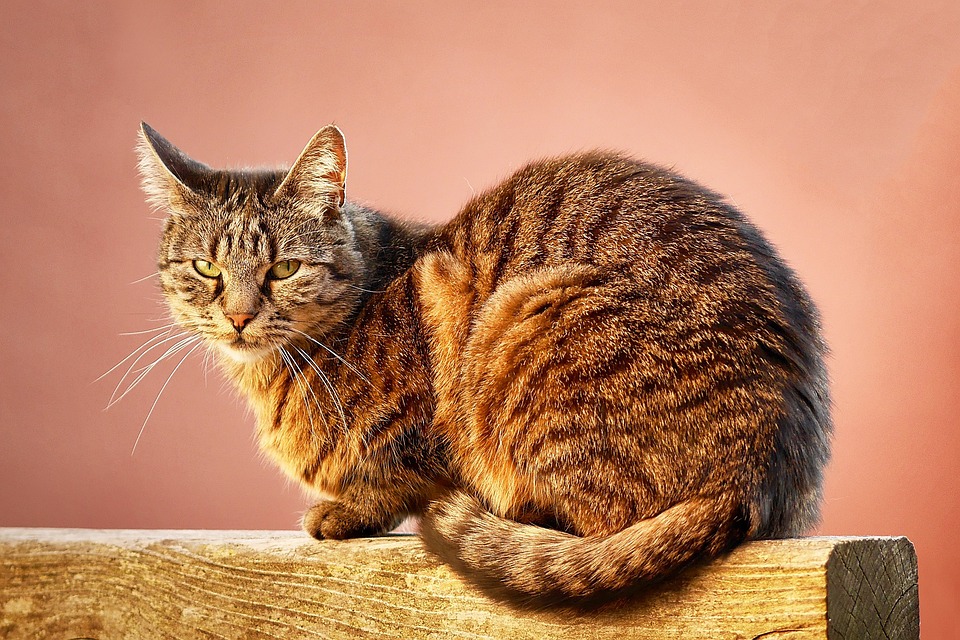Caring for a kitten involves being attentive to their health needs, and one common issue that may arise is gastrointestinal problems. In this article, we will explore the various gastrointestinal problems kittens may experience, their causes, symptoms, and most importantly, how to address them effectively. Additionally, we have included a Frequently Asked Questions (FAQs) section to address common concerns.
I. Common Gastrointestinal Problems in Kittens
1. Diarrhea
Diarrhea in kittens can be caused by various factors such as dietary changes, infections, parasites, or underlying health conditions. Symptoms of diarrhea may include loose stools, increased frequency of bowel movements, and dehydration. If your kitten experiences persistent diarrhea, it is important to seek veterinary assistance to determine the underlying cause and receive appropriate treatment.
2. Vomiting
Kittens may vomit due to reasons such as overeating, dietary changes, infections, or ingestion of foreign objects. Signs of vomiting include retching, excessive drooling, and loss of appetite. If your kitten vomits occasionally and shows no other signs of distress, you can manage it at home by providing a bland diet and ensuring they have access to fresh water. However, if vomiting persists or is accompanied by other concerning symptoms, it is advisable to consult a veterinarian.
3. Constipation
Constipation occurs when kittens have difficulty passing stools. Factors leading to constipation may include inadequate water intake, lack of fiber in the diet, or underlying health conditions. Signs of constipation include straining during bowel movements, hard and dry stools, and reduced appetite. Home remedies for constipation include increasing fiber intake, providing access to clean water, and gentle belly massages. Prevention tips include feeding a balanced diet and ensuring regular exercise.
4. Intestinal Parasites
Kittens are susceptible to various intestinal parasites such as roundworms, hookworms, and tapeworms. Signs of a parasitic infection may include diarrhea, vomiting, weight loss, and a bloated abdomen. Treating and preventing parasite infestations in kittens involve regular deworming, maintaining good hygiene, and avoiding contact with contaminated environments.
II. Addressing Gastrointestinal Problems in Kittens
1. Proper Nutrition
Providing a balanced diet is essential for maintaining a kitten’s gastrointestinal health. Choose high-quality kitten food that meets their nutritional requirements and avoid sudden dietary changes. Introduce new food gradually to prevent digestive upset. Some kittens may have sensitive stomachs and require special diets formulated for easy digestion.
2. Hydration
Keeping kittens hydrated is crucial for their overall health, including their gastrointestinal system. Ensure fresh water is available at all times and encourage water consumption. Wet food can also increase moisture intake, especially for kittens who are reluctant to drink water.
3. Regular Veterinary Check-ups
Routine check-ups are important for preventing and detecting gastrointestinal issues in kittens. Vaccinations and deworming protocols are crucial in maintaining their health. If you notice any concerning symptoms or changes in your kitten’s behavior, it is recommended to seek professional advice from a veterinarian.
4. Stress Reduction
Stress can contribute to gastrointestinal problems in kittens. Creating a stress-free environment by providing a quiet and safe space, using pheromone diffusers, or engaging in calming activities can help alleviate stress. Implementing soothing techniques such as gentle petting or playing soft music can also help reduce stress levels.
III. FAQs (Frequently Asked Questions)
1. Can kittens have an upset stomach from overeating?
Yes, overeating can lead to an upset stomach in kittens. It is important to monitor their portion sizes and provide regular, balanced meals.
2. What should I do if my kitten has persistent diarrhea?
If your kitten has persistent diarrhea, it is advisable to seek veterinary assistance. The veterinarian can determine the underlying cause and recommend appropriate treatment.
3. Can stress cause constipation in kittens?
Yes, stress can contribute to constipation in kittens. Creating a stress-free environment and providing a consistent routine can help prevent constipation.
4. How often should I deworm my kitten?
Kittens should be dewormed at regular intervals as recommended by a veterinarian. Typically, this is done every two to three weeks until they are three months old, and then every three to six months thereafter.
5. What are some common food allergies in kittens?
Common food allergies in kittens include allergies to ingredients such as beef, dairy, fish, and grains. If you suspect a food allergy, consult a veterinarian for proper diagnosis and guidance.
Conclusion:
Being aware of common gastrointestinal problems in kittens is crucial for every cat owner. By understanding the causes, recognizing symptoms, and implementing the appropriate measures, you can effectively address these issues and ensure your kitten’s overall health and well-being. Remember, if you have any concerns or your kitten’s symptoms persist, consult your veterinarian for professional advice and guidance.








